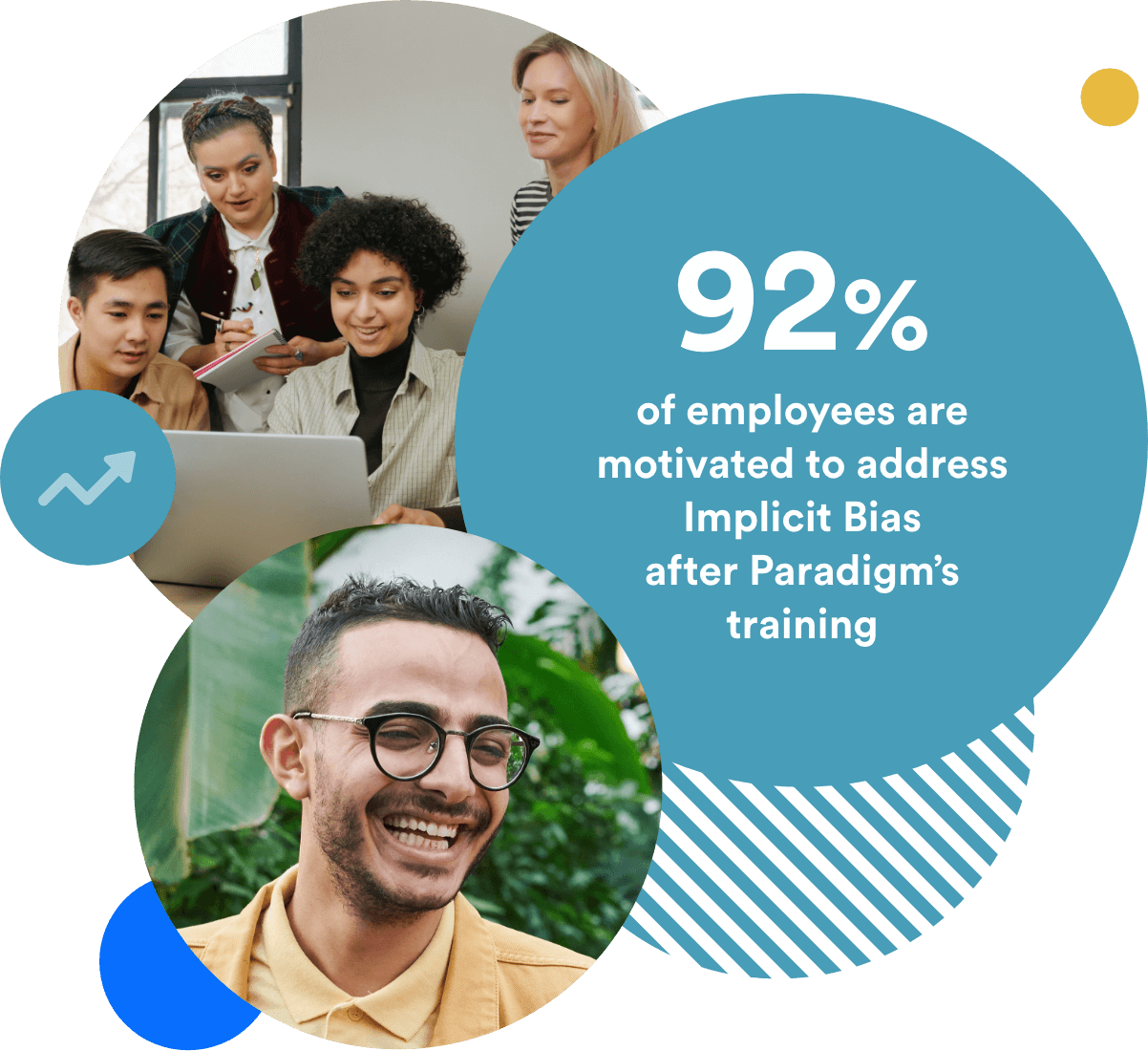What is Implicit Bias?
Implicit bias is a series of mental shortcuts that our brains make throughout the day. Implicit biases are informed by the things we observe in our daily worlds — television shows, advertisements, books, and common phrases or sayings— and sometimes include stereotypes we aren’t aware of. If we don’t address these implicit biases, our decisions can be influenced by them. Implicit biases can’t be eliminated altogether, but employees can learn how to recognize and manage them, ultimately contributing to a more diverse, equitable, and inclusive workplace.

 Our website uses cookies to distinguish you from other users of our website. This helps us to provide you with a good experience when you browse our website and also allows us to
improve our site. By continuing to browse our website, you’re agreeing to our use of cookies. For more information, please read our
privacy policy.
Our website uses cookies to distinguish you from other users of our website. This helps us to provide you with a good experience when you browse our website and also allows us to
improve our site. By continuing to browse our website, you’re agreeing to our use of cookies. For more information, please read our
privacy policy.




